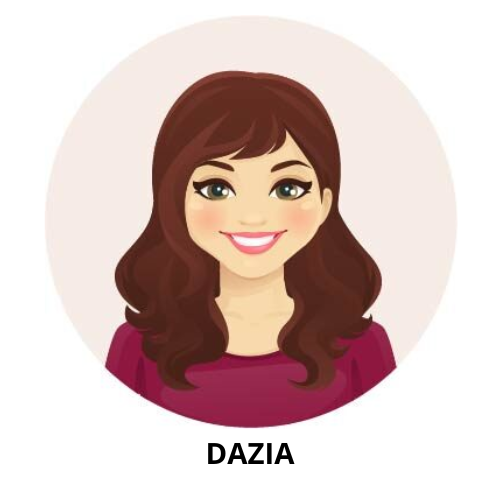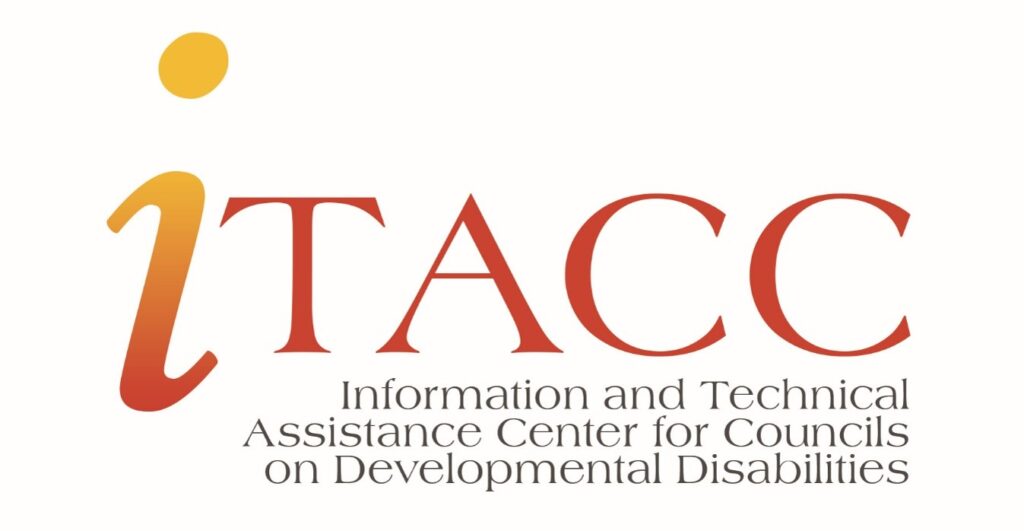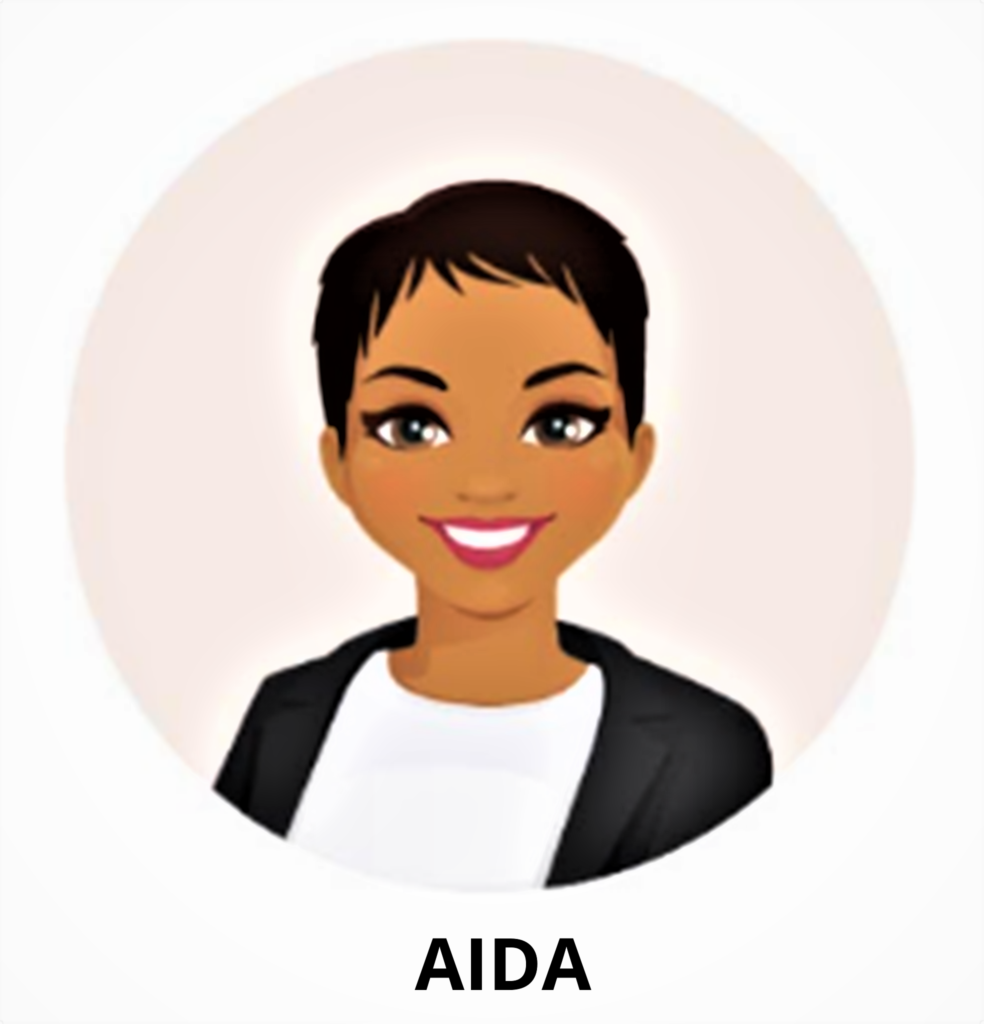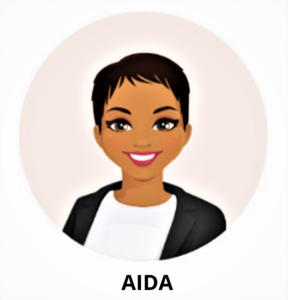Archives: Lessons
Content Review Games You Won’t Forget – January 2023
Zoom Recording
Discussion Forum
Use this space to continue our conversation on Content Review Games, so that we support each other in this work. Ask/answer questions, share successes and challenges, and respond to each other!
(If you have any trouble posting, email your questions to julie.halitzka@uky.edu, and we will post for you.)
Check Your Knowledge: Organizational Culture
Organizational culture is the collection of ______, _______, and ________ that guide and inform the actions of all team members.
a.) lessons, outings, meetings
b.) rules, regulations, meetings
c.) values, expectations, practices
Answer
Organizational culture is the collection of values, expectations, and practices that guide and inform the actions of all team members.
Workspace is not an element that reflects an organization’s culture.
True or False
Answer
False. Workspace conditions and environment are elements that reflect an organization’s culture.
“GeoINP” is an organization that creates websites for small business owners. As part of the hiring process, all employees start out as temporary employees to ensure they are a good fit for the company and fellow employees. Is this an example of organizational culture?
Yes or No
Answer
Yes. Hiring practices are considered part of organizational culture.
Print Course
Start Here – Introduction & Contact
Course Overview: Welcome to Understanding Conflicts and Conflicts of Interest in DD Councils. In this course, we will explore conflicts among Council members, and how they might be prevented or resolved. We’ll also look at how active participation of Council members in other organizations and advocacy efforts can be controversial.
This course will focus on the following:
- Types of Conflict
- Conflict Resolution
- Conflicts of Interest
- Real & Perceived Conflicts of Interest
- Assurance & Public Perception
- Dual Roles
- Avoiding Conflicts of Interest
Course Objectives:
In this course, you will:
- Describe common types of conflict
- Explain possible solutions for conflict
- Define conflict of interest
- Describe different types of conflict of interest
- Distinguish between real and perceived conflict of interest
- Discuss dual roles and how to handle them
- Explain “assurance”
- State ways to avoid conflicts of interest
IMPORTANT INFORMATION
The information in this course is for members, staff, and people supporting a Council on Developmental Disabilities with financial responsibilities. If you need assistance or have questions about the course, please contact HDI Learning by clicking on the “Contact Us” button located below or using the link located at the bottom of each page.
- It is required to complete each assessment with at least an 80% passing grade.
- Navigate through the course linearly, making sure to select ‘Mark Complete’ at the bottom of each page.
Print Course
Knowledge Check: DD Act Definitions
Individuals of racial and ethnic minority backgrounds are considered unserved/ underserved as defined by the DD Act.
True or False?
Answer
True. Individuals of racial and ethnic minority backgrounds are considered unserved/ underserved as defined by the DD Act.
The DD Act defines minority _____________ to ensure that participation in federally funded programs is geographically representative of the State and reflects the diversity of the State concerning race and ethnicity.
A.) Requirement
B.) Participation
C.) Consideration
Answer
The DD Act defines minority participation to ensure that participation in federally funded programs is geographically representative of the State and reflects the diversity of the State concerning race and ethnicity.
3.) Jason is a fully employed individual living in a middle-class neighborhood. Due to a hearing impairment, Jason relies on assistive technology to help him communicate. Would Jason be considered an unserved/ underserved individual?
Yes or No?
Answer
Yes. Jason uses technology to participate in and contribute to community life and would be considered an “unserved/underserved” individual as defined by the DD Act.
Course Evaluation
ECE 204: Authentic Assessment for Early Childhood: Planning Learning Experiences
Course Evaluation
ECE 206: School Age STEM Lesson Plan Ideas: Things That Go
Course Evaluation
DGS 211: Do Not Resuscitate/End of Life (DNR/EOL)
Course Wrap Up

Congratulations! You have completed DAIL 116: Do Not Resuscitate/End of Life (DNR/EOL)! Please note that your supervisor may have follow-up questions or need more information. Please respond to any requests promptly.
Once you click “mark complete,” a certificate of completion will be available to you. You may print or download your certificate to verify the completion of DAIL 116: Do Not Resuscitate/End of Life (DNR/EOL). This certificate will also be available at the beginning of the course anytime you log on.
Click the “Mark Complete” button below to access your certificate of completion.
Resources
Have questions? Reach out to the Guardianship Nurse Consultants for more information:
Mary Ailiff
Leanna McGaughey
General Contact
Start Here – Contact Us
Select the accessibility widget on the right hand of the screen to access features such as:

Screen Reader: Reads content on the page.
Contrast Adjuster: Adjust color to meet your individual needs.
Text Magnifier: Adjust the size of text on the page to make reading easier.
And more!
Need Help?
Use one of the contact buttons below to get assistance.
Course Content
For help with course content reach out to Jessica Wayne.
Technical Assistance
For help with HDI Learning and issues with the website, please use the “Contact Us” button.
Welcome

Hi! I’m Dazia! I am going to be helping you navigate through the content for Do Not Resuscitate (DNR) and End of Life (EOL) Care Request. Thinking about this part of being a guardian can be difficult, but it’s an important and needed topic to discuss.
Course Goals
This training course is designed to provide an overview of the basics of Do Not Resuscitate (DNR) and End of Life (EOL) Care Requests.
| Learning Goal #1 Identify what it means to have a Do Not Resuscitate (DNR) code status and what qualifies an individual for DNR status in State Guardianship. | |
| Learning Goal #2 Identify what an End of Life Request is and when an individual will need an EOL request. |
What is DNR?
Do Not Resuscitate or DNR is a legal or medical order that states that in the event that the person’s heart stops functioning or they stop breathing, they are not to receive life-saving measures such as chest compressions, electrical shock via defibrillator, or artificial breathing tubes.
A DNR may also be called “No Code” or “Allow Natural Death”.
If someone has a DNR order, the person is to continue receiving all other care and treatment as usual and necessary.

Some facilities may also request a DNI Order, which is short for Do Not Intubate. A DNI is not necessary because a DNR already covers artificial breathing tubes. Contact the Guardianship Nurse Consultants for guidance if a facility or physician have questions concerning a DNI order.
What is End of Life (EOL) Care?
End of Life Care:
Find and select high quality professional development


Course Evaluation
DGS 110: Medical Consents
Knowledge Check
“Time for a knowledge check on important information covered in this course. Please answer each question to the best of your ability. A minimum passing score of 80% is required to complete this course.
Please reach out to your supervisor if you have any questions about the content of the questions.”
Resources
If you have any questions, please contact:
Mary Ailiff, Guardianship Nurse Consultant:
Leanna McGaughey, Guardianship Nurse Consultant:





